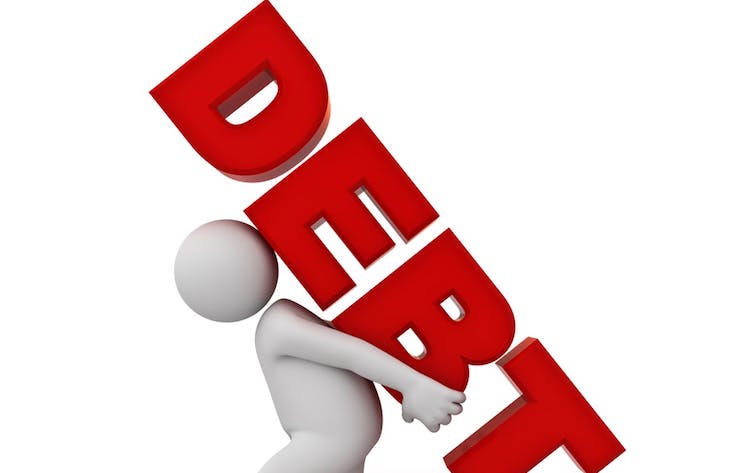By Lisa Vives, Global Information Network
NEW YORK, 22 May 2023 (IDN) — African countries that borrowed billions of dollars from international creditors and private lenders face painful repayment demands that threaten their budgets for schools, power, food and fuel.
After nail-biting negotiations with the International Monetary Fund (IMF), Ghana’s Finance Minister Ken Ofori-Atta announced this week that $600 million was scheduled to arrive soon—the first tranche of a 34 billion bailout approved by the lending institution. The remaining funds will be available over the next three years.
“I believe we have some excellent news to discuss today with the approval yesterday of a $3 billion-3-year program for Ghana,” the minister said. “As you know Ghana has been facing a severe economic and financial crisis with a debt burden assessed as unsustainable.”
Ghana faced soaring inflation, high debt and a weakening currency when negotiations began with the IMF last July for a bailout package. The IMF agreed to the bailout after a two-week visit to the West African country.
The IMF funds should help Ghana emerge from a financial crisis made worse by the COVID-19 pandemic but will require changes to the country’s tax system and public spending.
According to the World Bank, Ghana is one of the most indebted countries on the continent, with a debt of $58 billion representing 105% of its GDP. Other countries with a heavy debt load are Angola, Mozambique, Rwanda, Sudan, Tunisia and Zambia.
“We focus a lot on the external debt to international creditors, but it is important to bear in mind that most of Ghana’s public debt is domestic debt held by the country’s commercial banks,” said Marc Raffinot of Paris Dauphine University and a development specialist.
Back in January, 26 civil society and aid organizations penned an open letter calling on international creditors to cancel Ghana’s debt. Ghana’s public debt stood at over $46.7 billion by the end of September 2022, of which 42% was domestic debt.
According to the World Bank’s International Debt Statistics, 64% of Ghana’s scheduled foreign currency external debt service between 2023 and 2029 is to private lenders.
Twenty percent of the debt is to multilateral institutions and 6% to other governments. Notably, while mainstream reporting on Ghana’s debt scenario tends to emphasize China as the country’s “biggest bilateral creditor,” only 10% of Accra’s external debt service is owed to Beijing.
Meanwhile, Catholic Bishops serving in the humanitarian and development arm of the Church in Africa appealed to the Group of Seven (G7) countries who met in Hiroshima, Japan, to support African countries that are struggling with poverty, including the possibility of canceling debts that are “unpayable”.
“Last year, over 300 million people experienced food insecurity, exacerbating drivers of conflict and social tension in many African countries and making governance more fragile,” they said
“There is a need for financial reform along ethical lines that would produce in its turn an economic reform to benefit everyone,” Pope Francis was quoted to say. “We are all debtors: to God, who is so generous, and to our brothers and sisters. We are all ‘in deficit’ in life. And we need mercy.” [IDN-InDepthNews]
Image source: Prime Business
Visit us on Facebook and Twitter.
IDN is the flagship agency of the Non-profit International Press Syndicate.
We believe in the free flow of information. Republish our articles for free, online or in print, under Creative Commons Attribution 4.0 International, except for republished articles with permission.

